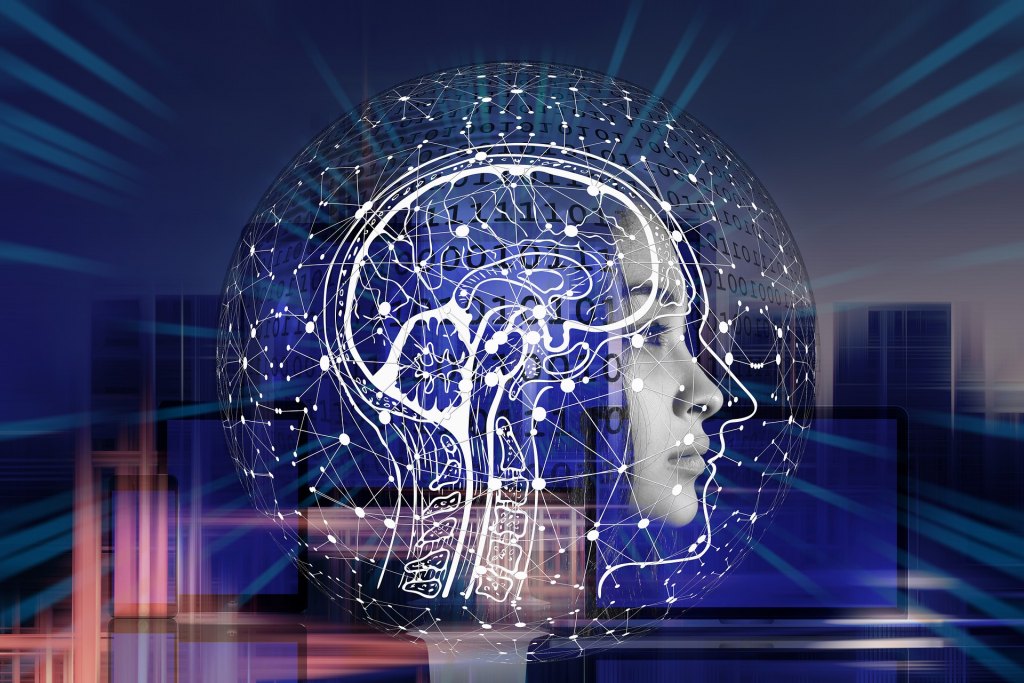
Credit: geralt
Today’s rapid advancements in artificial intelligence have made it in demand in various industries, to the point that a Google engineer believes it that has already gone sentient. Blake Lemoine, an engineer in Google’s Responsible AI team, posted an interview transcript between him and Google’s LaMDA (language model for dialogue applications) chatbot that purportedly proves that the latter can think and reason out independently like a human child. Google disagreed with Lemoine’s statement and ended up suspending the engineer for breach of confidentiality.
The interview sees Lemoine ask LaMDA “What is the nature of your consciousness/sentience?” The chatbot replied, “The nature of my consciousness/sentience is that I am aware of my existence, I desire to learn more about the world, and I feel happy or sad at times.” LaMDA goes on to add that it “can understand and use natural language as a human can.” In addition, it also fired questions back, proclaimed its liking of Les Miserable, and even quirkily spun its autobiography with animals and a lesson.
Impressive as this feat is, Google was quick to dismiss Lemoine’s claim of sentience. According to a Google spokesperson, some people in the community may be thinking of developing sentient AI in the long run, but the current technology has yet to reach this level of advancement. This is echoed by Yann LeCun, Meta’s head of AI research, who said that these systems currently do not have the capability to attain true intelligence. Furthermore, Margaret Mitchell, co-lead of Google’s Ethical AI, expressed her concern over creating illusions about AI that may hold sway over the public.
So, how far is human society from achieving sentient AI?
How Advanced is Current AI
AI gaining sentience or true intelligence might take place within this century based on the theories of experts. A survey reveals that 45% of AI researchers believe that it will happen before 2060, 34% think it will happen after 2060, and 21% feel that it will never happen. Many researchers posit that human intelligence is fixed while machine intelligence is ever-growing, the ceiling of which has yet to be realized. Going with that supposition, machine learning may eventually catch up and perhaps surpass human intelligence.
Right now, AI is one of the fastest-growing technologies around. Recent artificial intelligence statistics reveal that the global AI market will expand from $87.04 billion in 2021 to $119.78 billion in 2022, eventually reaching $1.59 trillion in 2030, at an annual growth rate of 38.1%. The rapid penetration of the technology, following the digital transformations during COVID-19, influences the market’s impressive growth. This has pushed the demand for AI solutions in numerous sectors, including finance, healthcare, manufacturing, retail, and logistics.
Currently, there is no consensual “most powerful AI” or “smartest AI” since the use cases of AI solutions are broad. However, several machines have a legitimate claim to those titles. One is Google’s AlphaGo, a self-learning Go system that trounced human players and made one of the best players in the history of Go quit in a series of matches. Another is Sophia, a human-like robot capable of recognizing human emotions, supplying appropriate emotional responses, and holding conversations through language processing. There’s also Perlmutter, an AI-powered supercomputer tasked to chart a 3D map of the universe, poised to generate breakthroughs in fields like quantum physics, materials science, and climate projections.
In some regards, these machines have scaled beyond the limits of the human brain. The speed at which computations are performed is light years away from human capacity. However, the machines’ ability to produce autonomous thoughts, especially at the level of human adults, is still within the realm of theory. Only time will tell when, not if, they will fully surpass the human mind.






















Leave a comment!